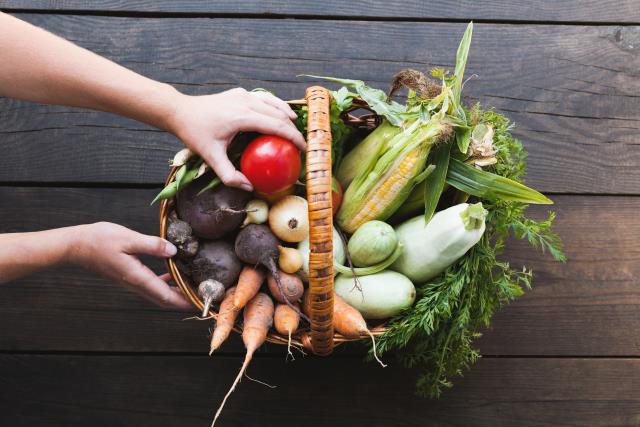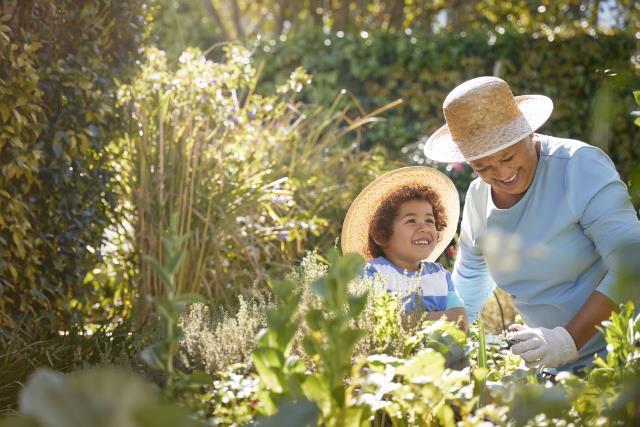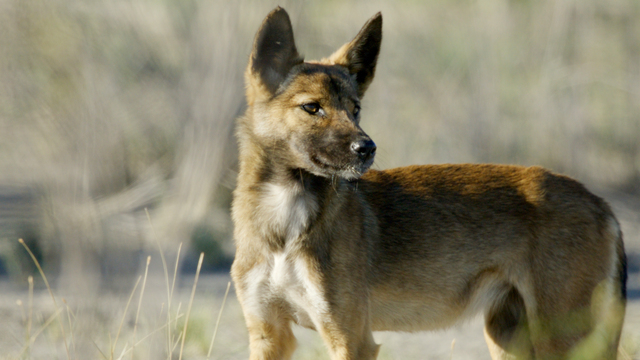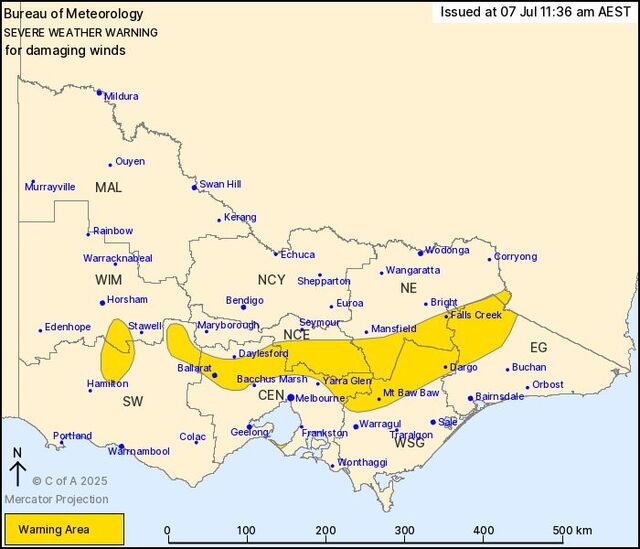Now that summer is bearing down on us, get ready to wave goodbye to spring varieties and start introducing your summer additions to the garden. If you’re stuck for ideas about what to plant at this time of year, read on to find out the best summer plant varieties and how to help them thrive!
Summer varieties
Flowers
Native Australian flowers such as grevilleas, correa and brachyscome will brighten your garden and add a sprinkle of colour. Non-native varieties that flourish in the warmth include daisies, dahlias, gerberas, japanese windflowers and roses.
Fruits
Fresh fruit from your very own garden will make this summer a special one. Citrus fruits such as oranges, lemons and grapefruit do well in summer, however many of these varieties take a few years to mature. Otherwise, already-established berry varieties (raspberries, blackberries, blueberries) are likely to continue fruiting throughout summer.
Herbs
To jazz up your cooking this summer, home grown herbs from your garden will save you money and effort. This summer, plant some basil, chives, mint, chilli, coriander, parsley and oregano.
Vegetables
For crisp summer salads, plant lettuce, beans, capsicum, cucumber, sweet corn and tomatoes. Root vegetables such as potato, radish, carrot, sweet potato and beetroot will also do well in the warm weather.
Preparation is key
One of the most crucial steps in maintaining a healthy garden is to ensure the garden bed is set up with good soil: mulch, compost and fertilisers provide much-needed nutrients to growing plants.
Ensure that all weeds and other debris are removed, and ensure a good quality soil is used to provide the right vitamins, minerals and other nutrients for your plants. Your local nursery or hardware shop is likely to have a few different options of organic garden soil.
Fertilisers and plant foods are often specialised to certain plants, so it would be useful to know what kind of varieties you are planting. Alternatively, cow or chicken manure is an effective general fertiliser, but must be mixed in well with soil to avoid burning plants. Depending on the varieties you have in your garden, you should be wary of pests such as caterpillars, rats and aphids.
As the weather begins to warm, be sure that your plants receive plenty of water and sun. Likewise, when spending time in the garden over the warmer months means sun protection and water is important for the gardener too. Following these basic steps should put your garden in good stead for the season ahead. Happy planting!









